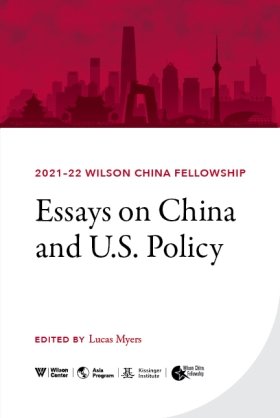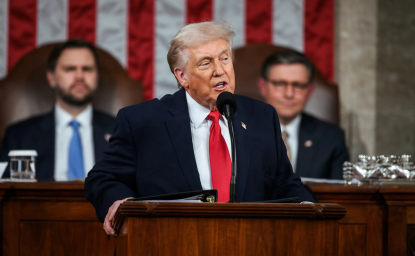The Diaspora and China’s Foreign Influence Activities

Abstract
Amidst growing concern over authoritarian foreign influence operations, Chinese diaspora communities are often perceived by host countries as potential unfriendly agents, but also viewed by Beijing as a tool to further its political and security interests. The Chinese government has traditionally been concerned about forestalling threats to its domestic rule, but more re-cent diaspora management policies have increasingly emphasized using over-seas Chinese as a tool to promote China’s interests and increase its global influence. Beijing uses a mix of material incentives and coercion, as well as ideational strategies through information control and targeted propaganda. By scraping WeChat accounts, we find that government propaganda uses wedge narratives—such as framing racism and violence as targeted at the diaspora—to divide diaspora communities from host countries. Diaspora influence in host countries can take the form of agenda setting, discourse framing, or political brokering. From a foreign policy perspective, the informality and plausible deniability of diaspora statecraft makes it harder to assess and forestall. China’s illiberal extraterritorial reach also threatens to adversely affect the healthy functioning of democratic political systems while further undermining the liberties of heterogenous diaspora communities. Paradoxically, active diaspora mobilization tends to raise the hackles of host countries. In many cases, the Chinese government attempts to homogenize its diaspora while wielding it as a foreign policy tool have sparked significant longer-term blowback.
Implications and Key Takeaways
- China’s success at diaspora mobilization remains largely limited, and rhetoric about a ‘whole-of-society’ threat is not just alarmist and distracting—it is counterproductive.
- Policies to prevent Beijing’s targeting of the Chinese diaspora should avoid sowing further ethnic divisions between diaspora and host countries, which feeds into Chinese Communist Party narratives and messaging strategies.
- Policymakers and politicians should view Chinese-Americans as assets in reaching out to diaspora communities and addressing issues of concern. Building a robust civil society and political grassroots networks, along with support for a diverse Chinese-language information environment, will facilitate host country integration and counter Chinese government narratives of diaspora marginalization.
Author

Assistant Professor of Political Science and International Relations, University of Southern California. Former Grand Strategy, Security, and Statecraft Postdoctoral Fellow, Massachusetts Institute of Technology’s Security Studies Program and the Harvard Kennedy School.
Explore More
Browse Insights & Analysis
Wilson Center Fellows on the 2026 State of the Union Address


